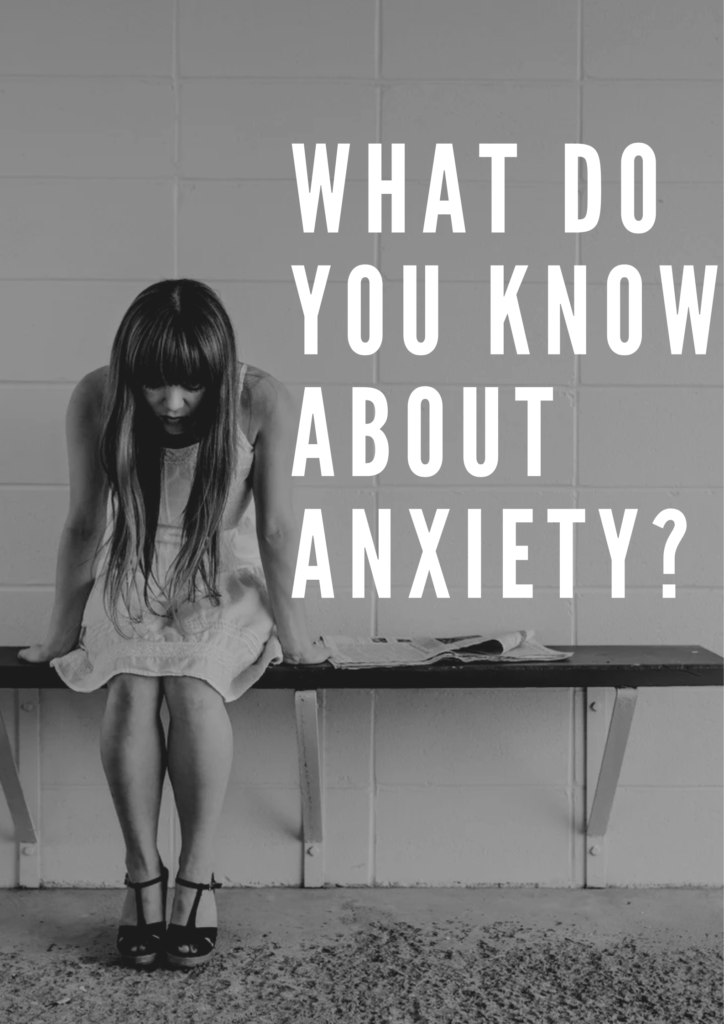
Anxiety is one of the most prevalent mental health disorders in the world, affecting millions of people across all ages, genders, and backgrounds. Despite its commonality, anxiety often remains a silent struggle, masked by those who suffer from it. Understanding and managing anxiety is crucial for improving mental well-being and quality of life.
Understanding Anxiety
Anxiety is a natural response to stress and danger. It’s an evolutionary mechanism that prepares the body to fight or flee in the face of threats. However, when anxiety becomes chronic, excessive, and disproportionate to the actual threat, it turns into a disorder. Anxiety disorders encompass a range of conditions, including generalized anxiety disorder (GAD), panic disorder, social anxiety disorder, and specific phobias.
Symptoms of Anxiety
The symptoms of anxiety can be both physical and psychological. Common psychological symptoms include excessive worry, fear, irritability, and difficulty concentrating. Physically, anxiety can manifest as rapid heartbeat, sweating, trembling, fatigue, and gastrointestinal issues. The severity and combination of these symptoms can vary from person to person, making it challenging to diagnose and treat.
Causes of Anxiety
The exact causes of anxiety disorders are not fully understood, but they are believed to result from a combination of genetic, environmental, and psychological factors. Trauma, significant life changes, prolonged stress, and certain medical conditions can trigger or exacerbate anxiety. Additionally, a family history of anxiety or other mental health disorders can increase one’s risk.
Managing Anxiety
While anxiety can be overwhelming, it is manageable with the right strategies and support. Here are some effective ways to manage anxiety:
Professional Help
Seeking help from a mental health professional is crucial. Therapists and counselors can provide cognitive-behavioral therapy (CBT), which is highly effective in treating anxiety. CBT helps individuals identify and challenge negative thought patterns and develop healthier coping mechanisms. In some cases, medication may be prescribed to help manage symptoms.
Mindfulness and Relaxation Techniques
Practicing mindfulness and relaxation techniques can significantly reduce anxiety. Mindfulness meditation, deep breathing exercises, and progressive muscle relaxation are excellent tools for calming the mind and body. These practices help individuals stay present and reduce the tendency to ruminate on past or future events.
Physical Activity
Regular physical activity is beneficial for mental health. Exercise releases endorphins, which are natural mood lifters. Activities like walking, running, yoga, and swimming can help reduce anxiety symptoms and improve overall well-being.
Healthy Lifestyle
Maintaining a healthy lifestyle is crucial for managing anxiety. A balanced diet, adequate sleep, and avoiding excessive caffeine and alcohol can positively impact mental health. Creating a structured routine can also provide a sense of stability and control, which is often lacking in those with anxiety.
Social Support
Building a strong support network is essential. Talking to friends, family, or support groups can provide comfort and reduce feelings of isolation. Sharing experiences with others who understand can be incredibly therapeutic and validating.
Stress Management
Learning to manage stress effectively can prevent anxiety from spiraling out of control. Time management, setting realistic goals, and prioritizing self-care are important strategies. It’s also helpful to recognize and avoid triggers when possible.
Anxiety is a silent struggle for many, but it doesn’t have to be a permanent one. By understanding the nature of anxiety and implementing effective management strategies, individuals can regain control of their lives. Seeking professional help, practicing mindfulness, engaging in physical activity, maintaining a healthy lifestyle, fostering social connections, and managing stress are all critical components in unmasking and overcoming anxiety. Remember, the journey to managing anxiety is personal and unique, but with the right tools and support, it is entirely achievable.